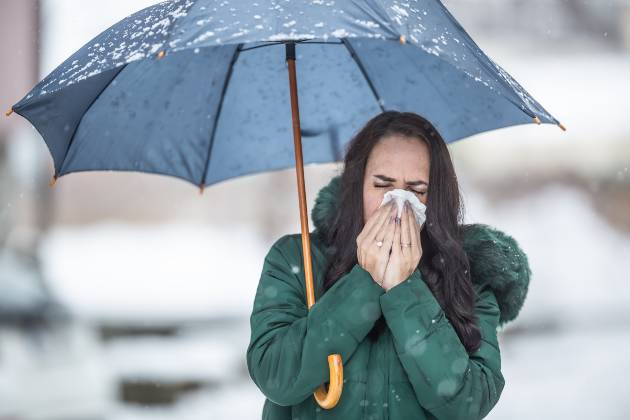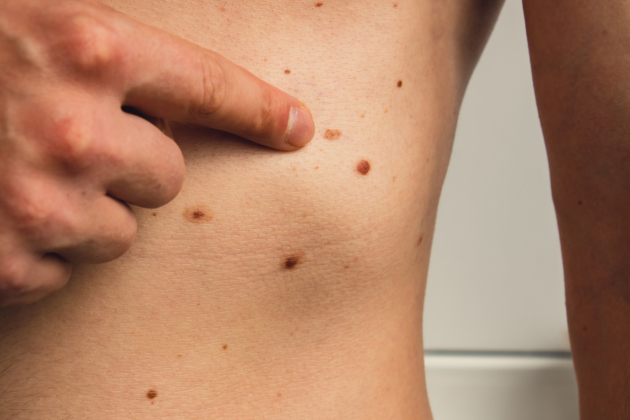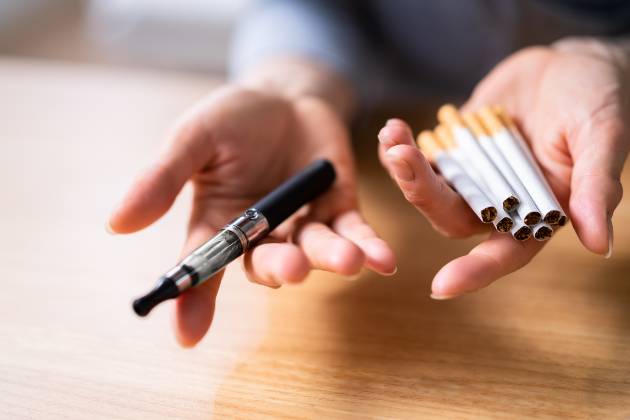Nursing staff have been at the forefront of the HIV response; caring for people whose families had abandoned them and leading campaigns to challenge stigma. Progress in HIV has been hard won.
An HIV diagnosis in the UK has gone from being a death sentence for many to a manageable life-long condition. Medication now means someone living with HIV and on treatment can’t pass on the virus and can enjoy a normal life expectancy. HIV tests can now be done within minutes, and the drug anti-HIV pre-exposure prophylaxis (PrEP) is halting new infections.
But progress is stalling. Rising racial inequalities is resulting in people from ethnic minorities, in particular Black African communities, being disproportionately impacted by new HIV diagnoses. HIV testing among 18 to 24-year-olds is falling. There are also 5,200 people still living with HIV in the UK who remain undiagnosed.
There are now just five years to reach the UK target of zero new HIV transmissions across the UK, and nursing must be at the core of this effort.
The early fight against HIV
From the first days of the epidemic, it was nursing staff who were among the health professionals tasked with understanding this new virus and supporting patients.
Former nurse and Chair of the RCN’s History of Nursing Forum, Dianne Yarwood, worked as a tutor at Charing Cross Hospital in London during the 1980s: “We didn’t know the route of transmission then – it felt hopeless. But I was determined to make sure we were doing all we could to give patients the best care we could at the time.”
The profession didn’t always get things right. Patients with a diagnosis faced stigma from all corners of society, including among health care staff. Incidents of double gloving and homophobic attitudes were often fuelled by stigma and misinformation.
Dianne reflects: “There were lots of gay men in the various hospitals I worked at who didn’t want their families to know about their diagnosis, let alone them being gay. It was often at the last minute when they were about to die that a phone call would eventually be made – that was heartbreaking.”
During the early days of the epidemic, selfless patients made incredible personal sacrifice by going through clinical trials. The stigma and fear would eventually lead to the evolution of care in the mid-1990s, paving the way for the lifesaving HIV medication used today.
HIV in 2025: progress and challenges
Fast forward to 2025, nursing staff provide HIV testing outside sexual health clinics, with pop-up venues in libraries, shopping centres and even barber shops to help normalise and make testing even easier.
In dozens of A&E departments in England, nursing staff now provide opt-out HIV testing to anyone coming to hospital. This has led to the diagnosis of more than 700 people, allowing them to access lifesaving HIV treatment and care.
Dwayne-Wilson Hunt, nurse practitioner in sexual health and HIV at John Hunter and Kobler Clinic in London, says: “Emergency department opt-out HIV testing has been a game-changer in finding people who have been undiagnosed or lost to care. We’ve diagnosed dozens of people in our hospital alone."
"We need to go further and think outside the box to expand HIV testing in other places like pharmacies, GP surgeries and community hubs.”

Nursing staff are also supporting more people to access the daily drug PrEP, which is up to 100% effective at preventing HIV transmission.
Since it became available on the NHS across all parts of the UK, thousands more people are now protected from HIV. There are also plans to roll out a long-acting injectable PrEP which will be a significant breakthrough for vulnerable people unable to take oral tablets.
On 1 December 2025, the Westminster government published an updated HIV Action Plan for England, which outlines the steps being taken to achieve zero new HIV transmissions by 2030.
In the plan, the government has committed to training hospital staff, including nursing staff; providing opt-out HIV tests in A&E departments; along with a pilot that will allow people to order a home HIV test kit via the NHS App.
Remembering the AIDS pandemic
In recognition of World AIDS Day on 1 December, the RCN co-hosted an event called Nursing HIVstory: Remembering the AIDS Pandemic.
Organised by the RCN History of Nursing Forum in partnership with HIVstory, an outreach project from The National HIV Story Trust, the event explored the stories of nurses, midwives and support workers during the early years of the HIV/AIDS epidemic.
What needs to happen by 2030
Empowering nursing staff is crucial to innovate and create services to engage more people in HIV testing and prevention. This shouldn’t be limited to sexual health services, leadership across the nursing profession is key to expanding HIV testing and normalising conversations about HIV when engaging patients.
Training and resources are vital to ensure nursing staff have the latest information about developments in HIV. This extends to the changing needs of people living with HIV, with more people now living with HIV in older age and starting to access care homes and social care.
The nursing generation to end the epidemic
Reflecting on the progress made over the last four decades, Dianne says: “Back in the 1980s the prospect of ending the epidemic would’ve seemed unimaginable. Nursing has played a huge role in getting us to where we are now, on the cusp of stopping HIV in its tracks.”
Recent data from the UK Health Security Agency shows that England is not on track to hit the 2030 target.
Progress in preventing new cases of HIV is not equal. Black African men and women and Black gay, bisexual men and other men who have sex with men continue to have the lowest rates of PrEP access and higher rates of late HIV diagnoses.
“We can reach the goal, but only if the entire NHS and wider health systems work together," Dwayne-Wilson says. "All of us need to be having conversations about HIV. Talk to your friends, talk to your parents – chip away at the stigma. Knowledge is powerful and can change lives.”
Today’s nursing staff can be the generation that ends new cases of HIV within the decade – in memory of those lost to the epidemic and in support of people living with HIV now.
RCN resources
- Take the RCN Learn course Living with HIV: transmission prevention, treatment and care.
- Sexual health education directory.
- Find out more about the work of the RCN Public Health Forum.








